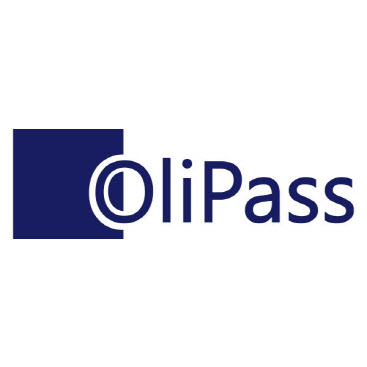|
On the same day, Olipass announced that the main evaluation index, the tolerability and safety verification, was achieved through the UK clinical phase 1 and Australian phase 1b clinical trials for OLP-1002. Based on this, Olipass plans to conduct phase 2 clinical trials to evaluate the efficacy and safety of patients in the second half of this year as scheduled.
On that day, the company announced that it had discovered unusual issues during phase 1b clinical trials in Australia before the commencement of the market. According to the disclosure, a specific issue occurred, such as the pain evaluation value of the placebo group (fake drug) group, unexpectedly, decreased excessively compared to the analgesic group.
Regarding this, Kim Young-rae, vice president of clinical development in Olipass, said, “Pain reduction of more than 70% was observed in 5 out of 10 in the placebo group, and there was no pain reduction in 4 in the placebo group. He explained.
However, no serious adverse reactions were reported in the study related to safety and tolerability, which is the main purpose of clinical 1b.
Accordingly, a company official said, “We are well aware that many shareholders are expressing concerns about the disclosure content, but the company’s fundamentals are stable.” “Basically, the first phase of clinical trial is to verify the tolerability and safety of new drugs, and in the process, It was a’preparatory analgesic efficacy evaluation’ for clinical trials.”
Accordingly, the company plans to proceed as scheduled for a phase 2a clinical trial that tests the efficacy and safety of pain patients scheduled for the second half of the year.
In addition, Olipass plans to sequentially run a pipeline for eye drop-type diabetic retinopathy and oral-type hyperlipidemia treatment.

